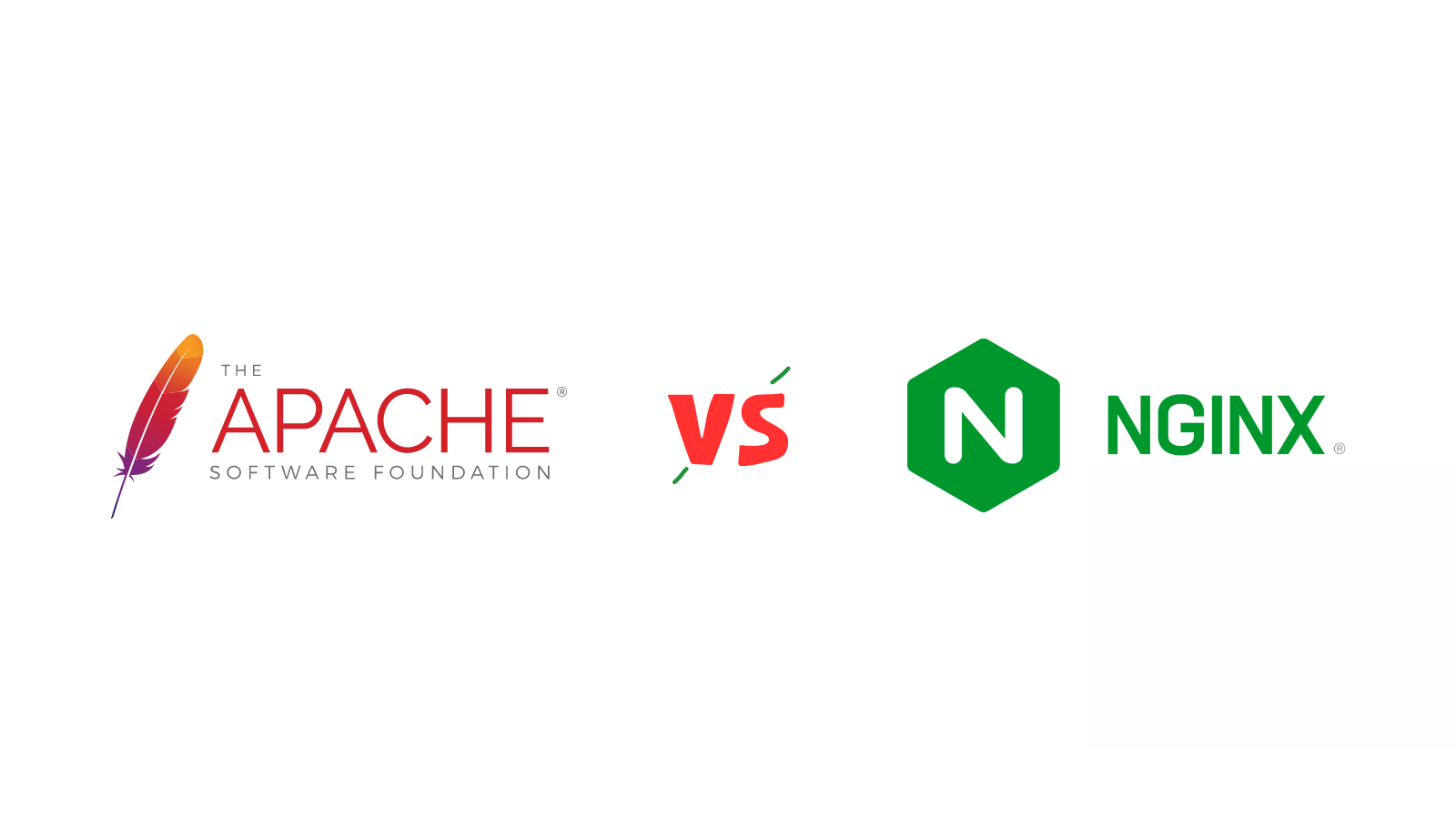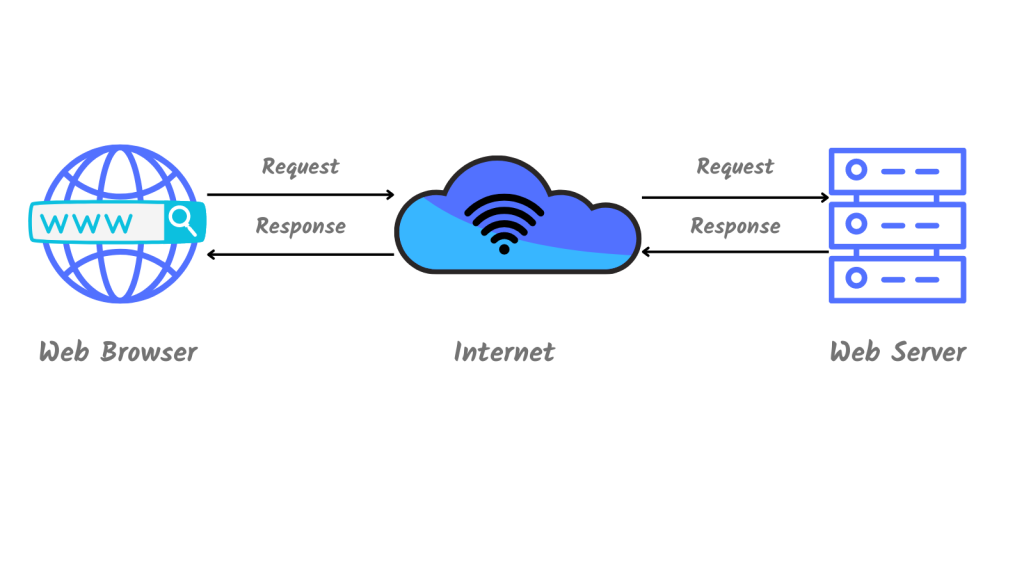
Web servers play a crucial role in the functioning of the internet by serving web pages, applications, and other content to users. Apache and Nginx are two of the most popular web servers in use today. In this article, we will explore the benefits of each web server, who should be using them, and real-life use cases. Additionally, we will provide benchmarking scores and website URLs to help you make an informed decision on choosing Apache or Nginx for your eCommerce website.
Apache
Apache is an open-source web server software, with over 40% of websites running on it. Globally, people widely use Apache as web server software because of its stability, reliability, and flexibility. It is also highly customizable, which makes it a popular choice for developers.
Apache is compatible with a wide range of operating systems, including Linux, Windows, macOS, and others. This means that it can be used by a broad range of users, including individuals, small businesses, and large corporations. Apache’s modular design allows users to add or remove modules as needed, enabling them to customize the server to their specific needs and requirements. Additionally, it has a large community of developers who create and maintain modules, ensuring that there is a wide variety of modules available for users to choose from.
Real-life use cases for Apache include serving static and dynamic web pages, hosting web applications and content management systems (CMS) such as WordPress, and building API servers. It can handle high traffic and scale up quickly, making it an excellent choice for large websites and applications.
In benchmarking tests conducted by TechRadar, Apache scored 9/10 in performance, indicating that it is fast and responsive. Additionally, it scored high in security, scoring 10/10.
Nginx
Nginx is an open-source web server software and it is known for its speed and efficiency, which makes it a popular choice for high-traffic websites and applications. It is designed to handle a large number of concurrent connections and requests, making it ideal for modern web applications.
Nginx’s speed is one of its main benefits, allowing it to handle a large number of requests simultaneously and serve web pages and applications much faster than other web servers. Nginx is designed to use minimal resources, making it a great choice for users who need to run multiple web servers on the same hardware or in cloud environments.
Real-life use cases for Nginx include serving static files, reverse proxying, and load balancing. Nginx is also used as a proxy server for email and for serving video and streaming content. Companies like Netflix, Airbnb, and Dropbox use Nginx for their web infrastructure.
In benchmarking tests conducted by TechRadar, Nginx scored 10/10 in performance, indicating that it is incredibly fast and efficient. Nginx also scored high in security, scoring 9/10.
Use Case: Let’s assume your website is an eCommerce store.
Both Nginx and Apache are popular web servers that are used by eCommerce website owners. Here are some reasons why you might choose one over the other:
Reasons to use Nginx:
- High performance: Nginx is known for its ability to handle high-traffic loads efficiently, making it a good choice for eCommerce websites with a lot of users.
- Lightweight: Nginx has a smaller memory footprint compared to Apache, which can be an advantage if you have limited server resources.
- Reverse proxy: Nginx can act as a reverse proxy server, which can help improve website security and performance.
- Easy to configure: Nginx has a simple configuration syntax and can be easier to set up for new users.
Reasons to use Apache:
- Compatibility: It is compatible with a wide range of platforms and technologies, making it a good choice if you’re working with legacy systems or need to integrate with other software.
- Module support: It has a wide range of modules available, making it easy to extend its functionality for specific use cases.
- .htaccess support: It supports .htaccess files, which can be useful for configuring individual directories and files on your website.
- Familiarity: It has been around for a long time and is a well-known web server, so many developers are already familiar with it.

How to configure Apache or Nginx for your eCommerce website?
Example: lizstores.com
Please find the basic configurations/commands to configure a web server for an eCommerce website:
Nginx:
- – Install Nginx: sudo apt-get install nginx
- – Create a new server block for your website: sudo nano /etc/nginx/sites-available/Lizstores.com
- – Add your website configuration to the file (e.g. server name, root directory, SSL certificate):
server {
listen 80;
server_name lizstores.com;
return 301 https://$host$request_uri;
}
server {
listen 443 ssl;
server_name lizstores.com;
root /var/www/lizstores.com;
index index.html index.htm;
ssl_certificate /etc/nginx/ssl/lizstores.com.crt;
ssl_certificate_key /etc/nginx/ssl/lizstores.com.key;
…
}
- – Create a symbolic link to enable the server block: sudo ln -s /etc/nginx/sites-available/lizstores.com /etc/nginx/sites-enabled/
- – Test your configuration: sudo nginx -t
- – Restart Nginx: sudo systemctl restart nginx
Apache:
- – Install Apache: sudo apt-get install apache2
- – Create a new virtual host for your website: sudo nano /etc/apache2/sites-available/lizstores.com.conf
- – Add your website configuration to the file (e.g. server name, root directory, SSL certificate):
<VirtualHost *:80>
ServerName lizstores.com
Redirect permanent / https://lizstores.com/
</VirtualHost>
<VirtualHost *:443>
ServerName lizstores.com
DocumentRoot /var/www/lizstores.com
SSLEngine on
SSLCertificateFile /etc/apache2/ssl/lizsrtores.com.crt
SSLCertificateKeyFile /etc/apache2/ssl/lizstores.com.key
…
</VirtualHost>
- – Enable the virtual host: sudo a2ensite lizstores.com.conf
- – Test your configuration: sudo apache2ctl configtest
- – Restart Apache: sudo systemctl restart apache2
Conclusion
Apache and Nginx are two of the most popular web servers in use today. Both servers have their own unique benefits and are designed to meet the needs of different users. Apache is an excellent choice for users who need a stable, highly customizable web server that is compatible with a wide range of operating systems. Nginx is a great choice for users who need a web server that is incredibly fast, efficient, and low-resource. Ultimately, the choice between Apache and Nginx will depend on the specific needs and requirements of the user.
If you are looking for a web server to serve static and dynamic web pages, host web applications and CMS, or build API servers, Apache is a great choice. If you are looking for a web server to serve static files, reverse proxy, load balance, or proxy for email and video streaming, then opt for Nginx. Hope this will help you choose between Apache or Nginx for your eCommerce website.

